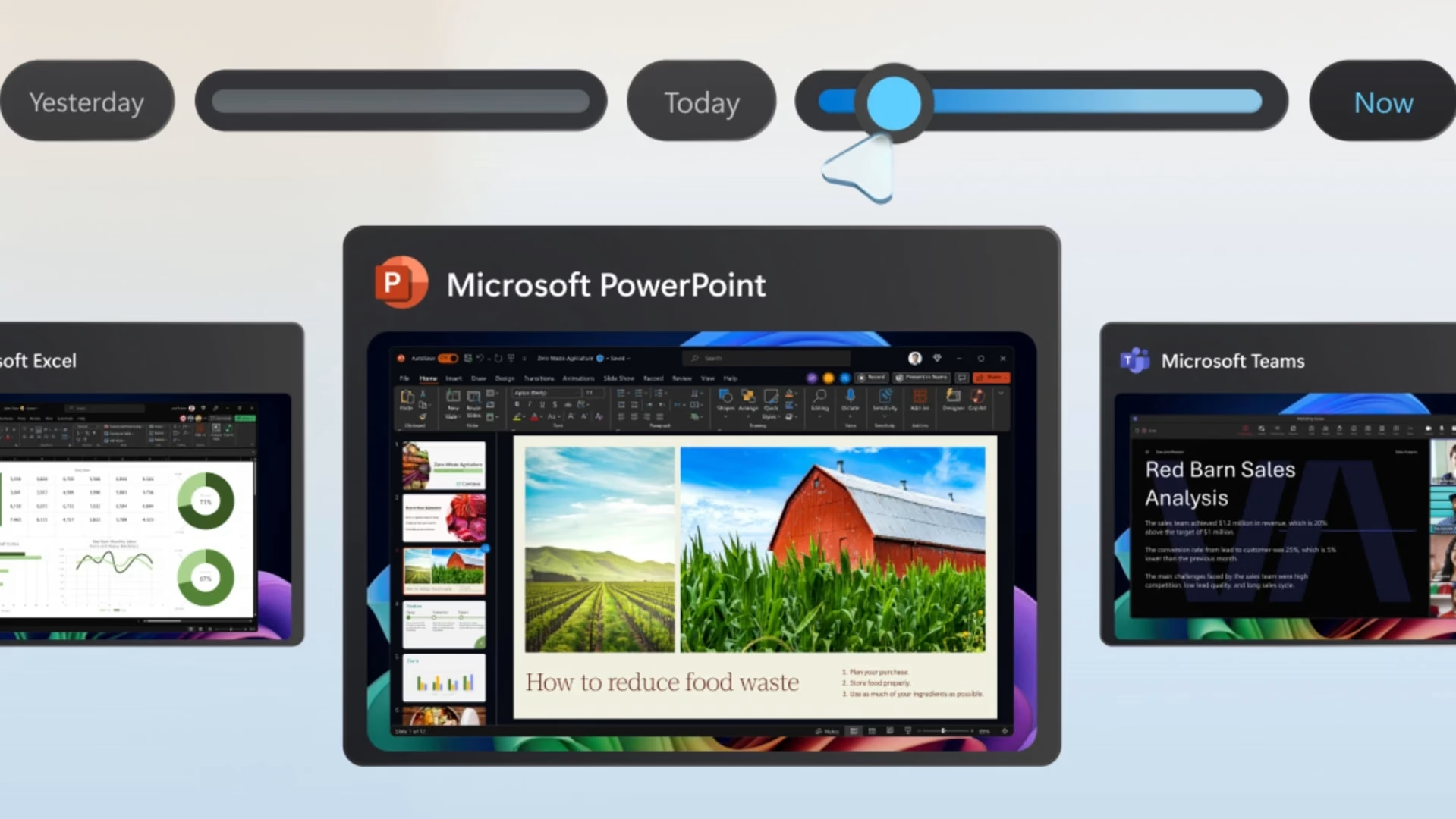The Privacy Gauntlet: Why Brave and AdGuard Just Blocked Microsoft's Controversial Recall Feature
It’s been quite a ride for Microsoft’s AI-powered Recall feature, hasn't it? From its splashy announcement to the immediate, widespread privacy backlash, this particular innovation has certainly kept us on our toes. And now, in a move that frankly, many of us saw coming, two major players in the privacy-focused tech space – Brave and AdGuard – have taken decisive action. They're blocking Recall by default. This isn't just a minor technical tweak; it's a significant statement, and it really underscores the growing tension between innovation and user privacy in our digital lives.
The Genesis of Controversy: What Exactly is Microsoft Recall?
But the devil, as they say, is in the details. And in Recall's case, those details immediately raised a cacophony of alarms from privacy advocates, security researchers, and frankly, anyone who values their digital autonomy. The concept of a system constantly logging your every interaction, even if stored locally, felt inherently invasive. Concerns quickly mounted over potential data breaches, the possibility of malicious actors accessing this treasure trove of personal information, and simply, the sheer creepiness factor of being under constant surveillance by your own machine. Microsoft did respond, making it an opt-in feature and adding some security measures, but the initial trust deficit was already there.
Privacy Guardians Step Up: Brave and AdGuard's Decisive Action
Fast forward to now, and we're seeing the direct consequences of that initial skepticism. Brave, the privacy-centric browser known for its built-in ad and tracker blocking, announced on July 22, 2025, that its version 1.81 would actively prevent Recall from taking screenshots of user activity. This is a pretty big deal. It means that even if you've opted into Recall on your Copilot+ PC, Brave is essentially putting up a firewall within its own browsing environment.
Not long after, on July 25, AdGuard, a popular system-wide ad and privacy blocker, followed suit. AdGuard's approach is even more comprehensive; their updated software now blocks Recall across the entire system. So, whether you're browsing, working in an application, or just navigating your desktop, AdGuard aims to stop Recall from doing its thing. It’s a clear, unequivocal message from both companies: user privacy comes first. And honestly, it's the kind of proactive stance users are increasingly looking for.
Why This Matters: The Broader Implications for User Privacy
This isn't just about one feature or two companies. This development is a microcosm of a much larger trend: the escalating battle for digital privacy. Users are becoming more aware, more demanding of control over their data. And privacy-focused tools are stepping up to meet that demand.
- Increased Pressure on Microsoft: This move undoubtedly puts more pressure on Microsoft. When major privacy tools actively block your flagship AI feature, it sends a strong signal. It forces them to re-evaluate not just the technical implementation of Recall, but perhaps its very concept. Will they double down, or will they pivot further towards more privacy-preserving designs? My bet is on the latter, eventually.
- Validation for Privacy-Focused Tools: For companies like Brave and AdGuard, this is a huge win. It validates their mission and reinforces their position as essential tools for users who prioritize privacy. It could even drive further adoption of these tools, as people seek out ways to regain control of their digital footprint.
- Setting a Precedent: Could this set a precedent for how other potentially invasive features are handled in the future? I think so. Developers of new software, especially those leveraging AI for "convenience," will have to consider the privacy implications much earlier in their design process, knowing that privacy guardians are watching, and ready to act.
A Precedent Set? The Future of Privacy in Software Development
The debate around Recall reminds me a lot of past controversies, like the early days of targeted advertising or the initial push for pervasive data collection by social media giants. Each time, there's a new technological leap, followed by a period of public discomfort and, eventually, a pushback from users and privacy advocates. What's different this time, perhaps, is the speed and decisiveness of the counter-measures. Brave and AdGuard didn't wait; they acted.
This proactive stance by privacy tools is a significant shift. It suggests that the responsibility for user privacy isn't solely on the user to "opt-out" or configure complex settings. Instead, the tools themselves are taking on the role of guardians, blocking potentially invasive features by default. It's a welcome change for many, myself included, who often find themselves navigating a labyrinth of privacy settings just to feel secure online.
Conclusion: A Win for User Control
So, what does this all mean? The blocking of Microsoft's Recall feature by Brave and AdGuard is a clear victory for user privacy and control. It highlights the ongoing, critical need for transparency and robust privacy protections in an increasingly AI-driven world. It also serves as a powerful reminder to tech giants: innovation is exciting, but it must never come at the expense of our fundamental right to privacy. The conversation around Recall isn't over, not by a long shot, but this latest development certainly shifts the balance of power back towards the user. And that, I think, is something we can all appreciate.
